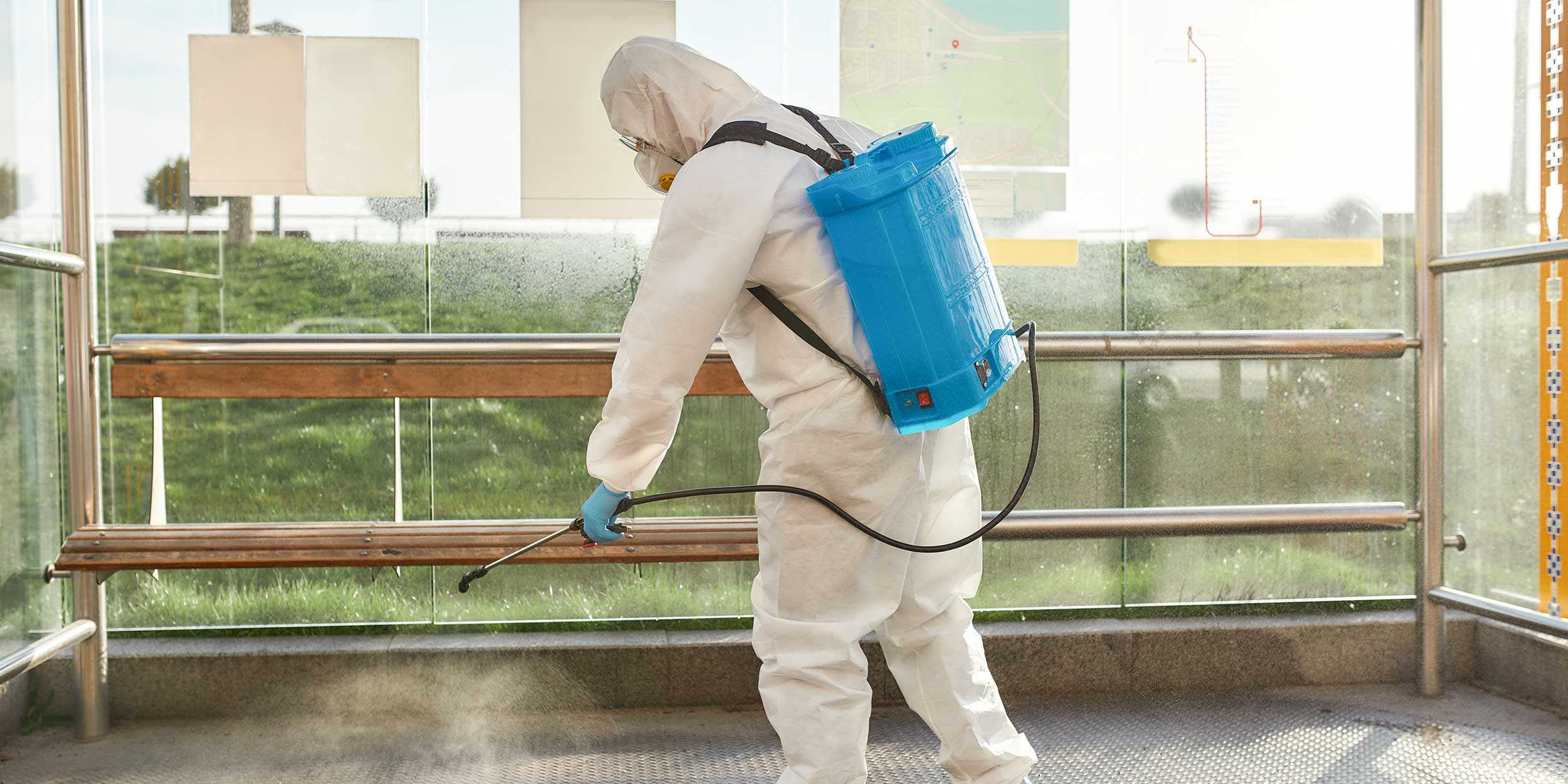It isn’t over yet and pandemic preparedness may be lacking for the next one
Global RisksArticleNovember 30, 2022
The effects of the coronavirus that killed millions of people will continue to impact public health and the way societies operate for some time.
And while valuable lessons were learned about how to respond to a pandemic, the world may not be as prepared for the next one as many would like, according to a researcher and expert on demographic trends.
“We all want to run a flag up the pole declaring “Game over, all done,’” said Daniel Ryan, Chief Research Officer at COIOS Health. But the reality is, he added, “we’ve had influenza for at least 300 years. And we’ve had coronaviruses for a long time. And we will have a long future with COVID.”
Ryan, speaking at Zurich’s recent Global Risk Management Summit in Switzerland, said the world has changed dramatically since he spoke at the 2019 GRMS about a potential “biological storm” that could potentially sweep across the world. He admits to being slightly mistaken when he focused three years ago on a potential influenza pandemic.
“It wasn’t influenza,” Ryan said. “It was COVID and, unfortunately COVID is a far greater challenge than influenza was likely to have been.”
Pandemic lessons from a collective response
“The COVID-19 pandemic was a wake-up call to all of us,” said Florence Tondu-Mélique, CEO of Zurich France and the session moderator. “This crisis forced us to rethink our ways of doing things, from how we operate health systems to our relationship with nature”, she added.
“Just that single virus was such a powerful messenger about the profound need there is to change our approach to growth and to progress,” she said. “It triggered consequences that we didn’t imagine,” Tondu-Mélique noted – from work life to social interactions, or the impact on mental health and supply chains.
“But the other thing that wasn’t planned either was our response, our collective ability to adapt,” Tondu-Mélique stressed.
Ryan agreed that the collective response to the pandemic was profound and unprecedented.
“We’ve learned that we can lock down, that we can do more remotely than we ever thought possible,” he said. “We’ve learned that some countries can build hospitals in a remarkably short period of time.” And, many are prepared to wear masks to protect others, Ryan noted.
“We’ve seen the rapid development of test-and-trace programs”, with billions of COVID tests routinely administered. “And then the savior – the vaccines.”
The pandemic created its own vocabulary, Ryan pointed out. Long COVID, social distancing, brain fog. “We all know much more about epidemiology and public health and that’s why I think it’s important to look forward and positively, particularly when we think of the companies we represent, how well we supported our employees (and) society in trying to get through what was an incredibly difficult time.”
Are we ready for what’s next?
While societies have taken the lessons learned in battling the virus to heart and will use them to fight the next pandemic, there are gaps in the world’s preparedness, Ryan said.
“It’s a harsh realization, but I would say, compared to three years ago, in many ways we are less prepared for the next pandemic,” he noted.
“We now have learned from diverse experiences around the world about what we should do more quickly,” Ryan said. The speed at which vaccines can be developed, the importance of testing and coherent travel policies are among those lessons, he said.
Global crises promote innovation and dramatic leap forwards. Rapid developments with mRNA vaccines unlock the possibility of preventing non-infectious diseases, such as cancer. But at the same time, Ryan said. “If I was to introduce a new vaccine today, some are inherently less likely to take that vaccine than they would have been before, because of the pandemic. That is a terrible tragedy and a collective failure in the communication of the benefits of preventative medicine.”
And any suggestions of further restrictions create a “huge problem,” Ryan said. “There may be a future pandemic when lockdown is absolutely essential and appropriate. If we have a proportion of the world’s population who say under no circumstances will we go back to that way of life, that could threaten us all.”
There was a “huge increase in debt” during the pandemic, he said. “Can we even withstand that type of increase in debt again?”
“We owe a great debt to health care workers around the world. But for some, the stress of the pandemic has been too much and they are exhausted, burned out and leaving in great numbers”, Ryan said. “This means increasing waiting lists and more failing to get the care they need. It is a vicious circle as the stress on healthcare systems gets worse and worse, with some countries more affected than others. We are in the midst of the biological storm and our ability to withstand the next pandemic is less,” he said.
Despite worries that the world isn’t sufficiently prepared, “I remain an optimist because of our learnings and the ability that we have demonstrated to innovate at scale and speed,” Ryan said. “But the next few years are going to be very challenging.”



